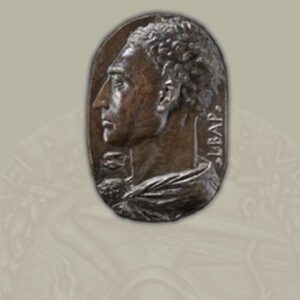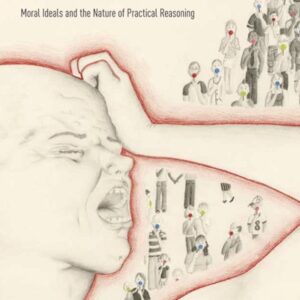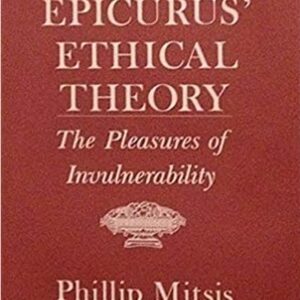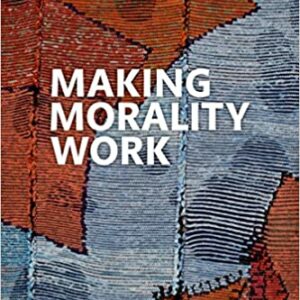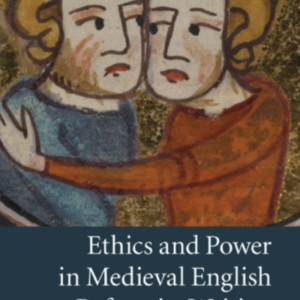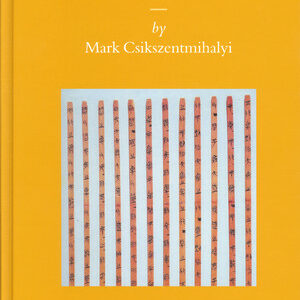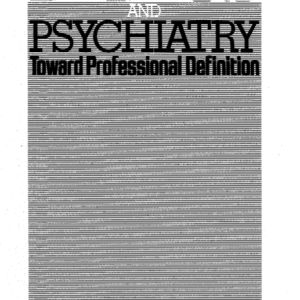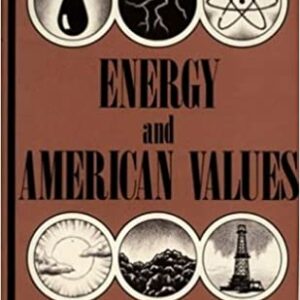
Energy and American Values
By John Opie (NHC Fellow, 1980–81), Ian Barbour (NHC Fellow, 1980–81), Sanford A. Lakoff (NHC Fellow, 1980–81; 1981–82), and Harvey Brooks A multi-disciplinary team consisting of an engineer, a political scientist, an historian, and a professor of religion and physics view the question of energy and values from each other’s perspective. The result is a … Continued
